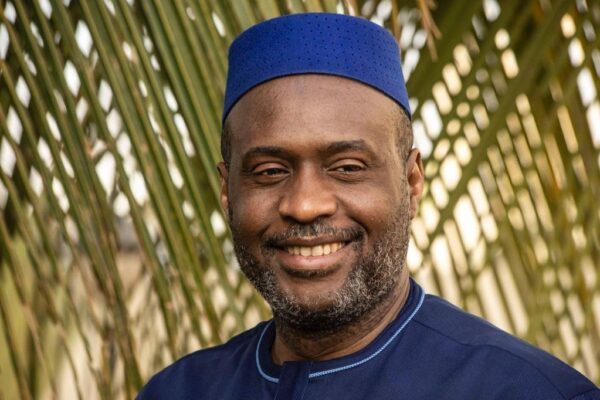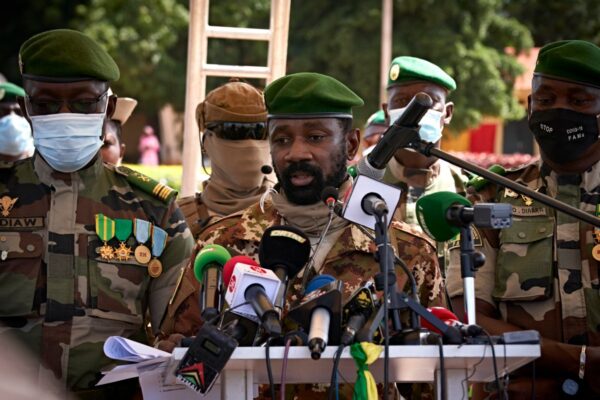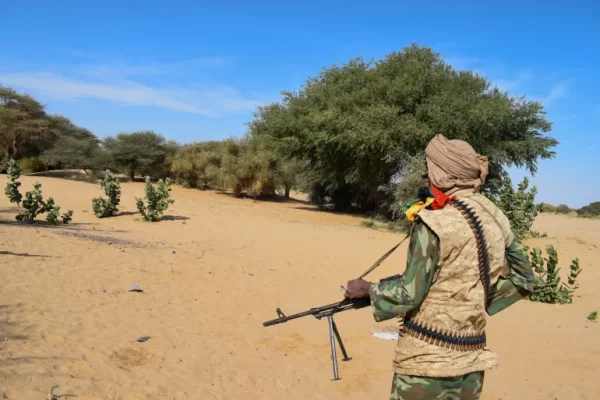The Round of 16 of perhaps the biggest and most glamorous Africa Cup of Nations finals in history begins on Saturday evening, with two matches each on Saturday, Sunday, Monday and Tuesday, and with expectations high on the parts of playing personnel, coaching crews, supporters and stakeholders of the beautiful game on the continent. Senegal Vs Sudan (Grand Stade de Tanger: Saturday, 5pm) The Lions of Teranga are making their 17th AFCON appearance and must be fancied to progress to the Round of 8, against the Falcons of Jediane. They will miss their defence bulwark Kalidou Koulibaly, who will not be available for the duel in Tangier. While Senegal finally claimed the trophy in 2021 in Cameroon after a number of runner-up positions, Sudan were victorious on home soil in 1970. The Falcons are making their 10th AFCON appearance, while the Lions are here for the 17th time. Sudan are coached by Ghanaian James Kwesi Appiah, and Senegal by Pape Thiaw. Mali Vs Tunisia (Stade Mohamed V, Casablanca: Saturday, 8pm) Tunisia’s Carthage Eagles finished second in Group C, won by Nigeria, and should expect an explosive encounter against the Eagles of Mali. The North African giants are the AFCON’s most consistent team, appearing in their 17th consecutive finals, and 22nd overall. They won the title on home soil in 2004. Mali’s Eagles finished as runners-up at the 1972 finals in Cameroon. They are coached by Belgian Tom Saintfiet, while Tunisia have former captain Sami Trabelsi as the head coach. Morocco Vs Tanzania (Complexe Sportif Prince Moulay Abdellah: Sunday, 5pm) The Atlas Lions, semi-finalists at the 2022 FIFA World Cup finals, see this tournament as one specially carved for them to win. They started well and finished the group phase with aplomb, hammering 2012 champions Zambia 3-0. They are making their 20th appearance in a competition they have won only once before – when the event was staged on league basis in Ethiopia in 1976. Brahim Diaz and Ayoub El Kaabi have three goals each in the tournament, and captain Achraf Hakimi, Azzedine Ounahi and Sofyan Amrabat are stalwarts to be respected. Tanzania’s Taifa Stars are in the Round of 16 despite finishing third in Group C with two points. Captain Mbwana Samatta will push his team-mates to attain the kind of form they did in holding Tunisia to a 1-1 draw in their last match of the group phase. The Stars are making only their fourth appearance at the AFCON, and have set a record of reaching the knockout rounds for the first time. South Africa Vs Cameroon (Stade El Barid, Rabat: Sunday, 8pm) Champions on home soil in 1996, the Bafana Bafana will fancy their chances against a Cameroonian side that entered the tournament in chaos, but has managed to steady things and cobble together a structure. Cameroon have won the title on five occasions (1984, 1988, 2000, 2002 and 2017) and are fancied to make this encounter difficult for Bafana. David Pagou, leading Cameroon from the dug-out, will bank on Etta Eyong and Bryan Mbeumo to take the battle to the Bafana and get early goals. Cameroon are making their 21st appearance while the Bafana are making only their 11th. Egypt Vs Bénin Republic (Grand Stade d’Agadir: Monday, 5pm) Seven-time champions Egypt, coached by former captain Hossam Hassan, are seen as one of the favourites. Mohamed Salah, Omar Marmoush, Mohamed Hany, Mahmoud Trezeguet and goalkeeper Mohamed El-Shenawy (picked as goalkeeper of the group phase) can turn a game on its head in a couple of minutes. This is Egypt’s 27th AFCON appearance. Bénin will be no push-overs in Agadir. Coach Gernot Rohr is an old war-horse and has captain Khaled Adénon and Steve Mounié to drive his gameplan. Nigeria Vs Mozambique (Complexe Sportif de Fès: Monday, 8pm) Nigeria, three-time champions, have never lost in five previous meetings with The Mambas of Mozambique. Their only AFCON meeting ended in a 3-0 thrashing for the southern Africans in Angola 16 years ago, with a brace by Peter Odemwingie and one by Obafemi Martins. Captain Wilfred Ndidi and some of the other first-teamers rested for the clash with Uganda are expected to return, with Victor Osimhen and Ademola Lookman leading the search for goals. The Super Eagles are making their 21st AFCON appearance. The Mambas are making only their fifth AFCON appearance, but gave Cameroon a tough time in their final group phase clash in Agadir on Wednesday. Their best outing before now has been a quarter-final berth in 2021. Algeria Vs DR Congo (Complexe Sportif Crown Prince Moulay El Hassan: Tuesday, 5pm) Two-time winners in 1990 and 2019, the Fennecs are making their 20th AFCON appearance, and have a talisman who almost always delivers. They won four of their matches in qualifying, scoring 11 goals and conceding only two. Captain Riyad Mahrez is to be feared all the time he touches the ball, and he has Ismael Bennacer and Baghdad Bounedjah as able assistants. DR Congo are highly motivated by qualification for the final FIFA World Cup Playoff Tournament in Mexico, where they will play only one match to qualify for the finals. They have captain Chancel Mbemba to lead the orchestra, with Cédric Bakambu, Yoane Wissa and Meshack Elia also in great form. Cote d’Ivoire Vs Burkina Faso (Grand Stade de Marrakech: Tuesday, 8pm) Cup holders Cote d’Ivoire face tough customers Stallions of Burkina Faso for a place in the Round of 8, with their neighbours to the north desirous of stopping their march towards retaining the title. Runners-up in 2013 in South Africa (to Nigeria), Burkina Faso will throw the kitchen sink at their more illustrious neighbours, and they have captain Bertrand Traoré and Edmond Tapsoba to lead their charge. Heroes of their 2023 triumph, Franck Kessie, Simon Adingra, Oumar Diakite and Serge Aurier are still available, and whichever team under-rates the Elephants does so at its own peril. ROLL OF HONOURS Year Winner Score Runner-up Host 1957 Egypt 4-0 Ethiopia Sudan 1959 Egypt 2-1 Sudan Egypt…









